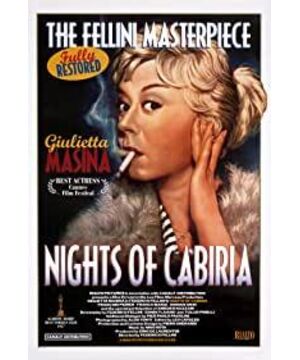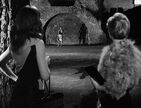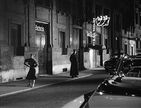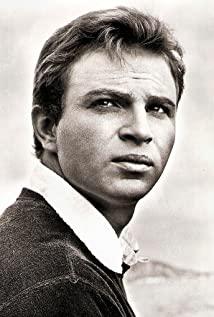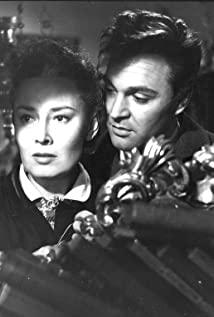"Nights of Cabiria" is Fellini's work during the transition from the neorealist period to the modernist period of the sixties. The subject is still the most common low-level character in neorealist films, a prostitute who is waiting for love to redeem her life, but is disappointed again and again.
Compared with Fellini's later works, this film is too straightforward, and the dramatic arrangement is easy for the audience to perceive, especially the falling into the water at the beginning and being cheated at the end. The blunt setting depends on the audience's preferences. In the later period, Fellini has completely jumped out of the usual routine of dramatic plots. The large "flashback" fragments directly break the overall structure of the film. The poetic expression is combined with Freud, thus creating the autobiography "Eight and a half" , that is the "author" Fellini. "Nights of Cabiria" was just an attempt during his theatrical and counter-dramatic transition.
Drama is accidental, but the development of things is inevitable brought about by Kabylia's own character. God tossed Kabylia on one end of the yarn, and she made up the rest of the story. Being pushed into the river, being favored by an actor, being deceived by a fiancé, all three stories are deceived and let down. How she longed for love, and all her hysteria and madness came from love. In order to love her, she can choose to sell the "house", the only source of her dignity, she mentioned the "house" many times, because the house can not live in a hole, she is satisfied, even asking her to pray for the Virgin, she does not know how to pray What's better, "I have everything." The only thing she lacks is love, but she is a prostitute, and it is not easy for a prostitute to get love, which is her own contradiction.
What makes her distressed is that she will always rekindle the baby-like hope. When she sold the house and left the village, she comforted her girlfriend: "There will be miracles in the future." All those who hold on to hope will suffer the pain of disappointment. To be able to believe again is a precious power. Her strength made her suffer from loneliness, and it also prevented her from surrendering to the tragedy of life. She walked on the road in the dark with a smile, and the last second of seeking death became an emotion, not a choice.
The externalization of "Night of Kabylia" is not only a narrative drama routine, it is both realism and expressiveness. Kabylia's clothes, eyebrows, expressions, and movements all show her state in different periods. This elaborate way of embodying Cabiria's character is the same as dramatic narrative, a conservative embellishment and an attempt by Fellini.
View more about Nights of Cabiria reviews


